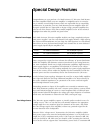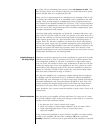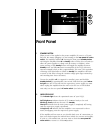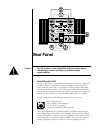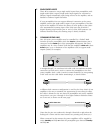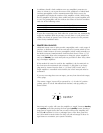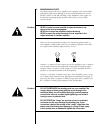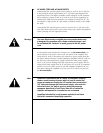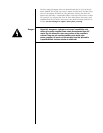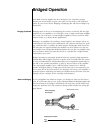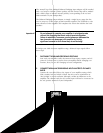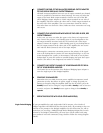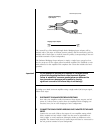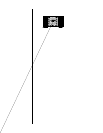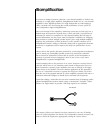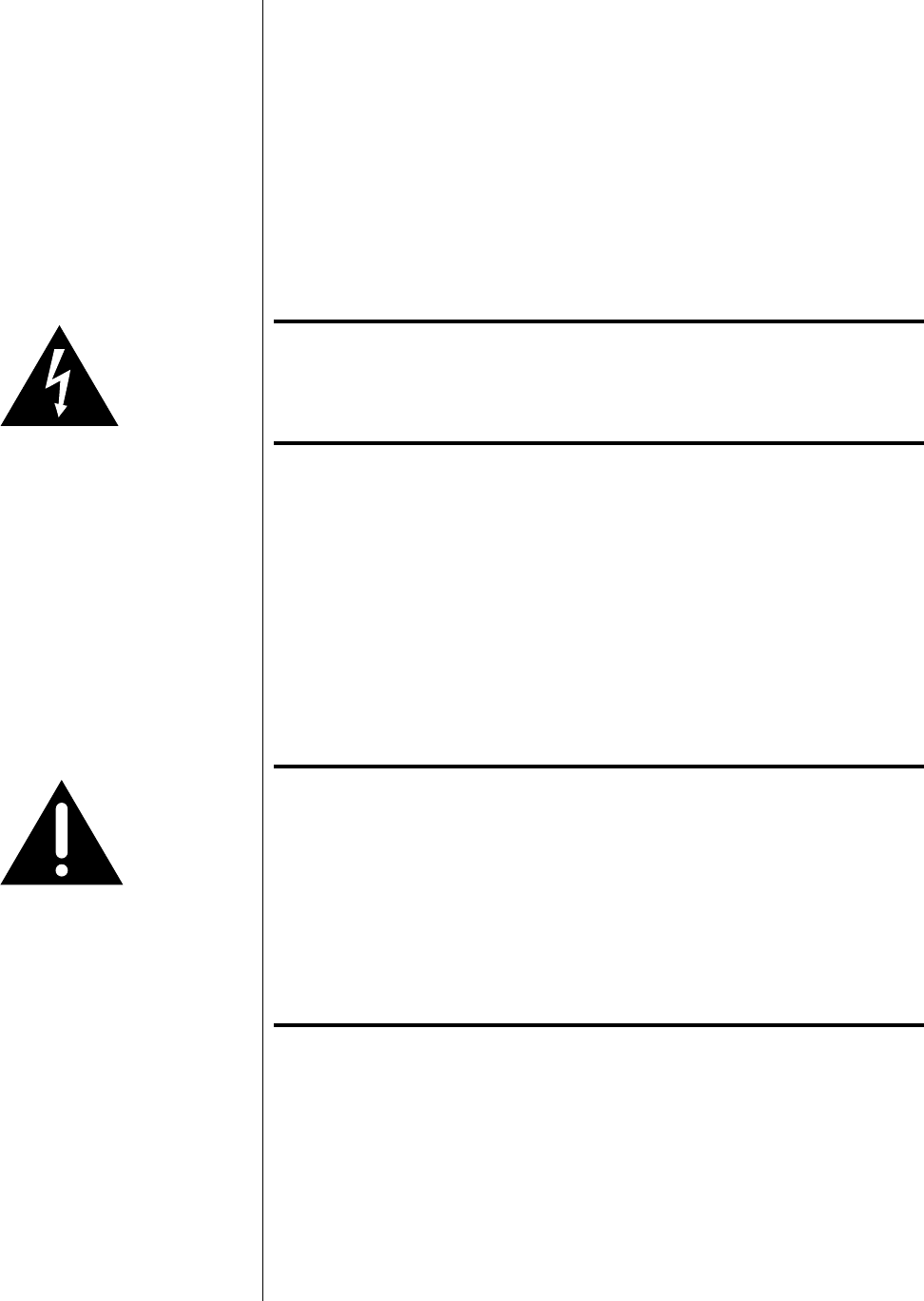
20
6 AC MAINS CORD AND AC MAINS SWITCH
Conventional IEC standard power cords cannot be used in the Nº 333, due
to the potential current requirements of Nº 333 when operating into low
impedance loads. (The highest available current rating for an IEC standard
three-conductor connector such as is used on most stereo equipment, in-
cluding other Mark Levinson products, is 16 amperes.) Instead, the Nº 333
incorporates a high current AC cord which is attached directly to the ampli-
fier itself.
Conventional IEC standard power cords are used in the Nº 332 and Nº331,
since their lower rated power reduces their worst-case current requirements
when operating into low impedance loads.
Warning! Your new Mark Levinson amplifier has been safety-tested and
is designed for operation with a three-conductor power cord.
Do not defeat the “third pin” or earth ground of the AC power
cord.
In CE-certified units intended for European use, an AC mains switch is lo-
cated adjacent to the power cord on the rear panel of the amplifier. This
switch may be used to disconnect the supervisory power supply from the
AC mains without having to actually unplug the amplifier from the wall out-
let. Since this small supervisory supply controls the main power supply’s
access to AC power, shutting down the supervisory power supply also dis-
connects the main supply from AC. If you plan to be away for an extended
period, or have any other reason to turn the amplifier completely off, you
may either unplug the amplifier or (in the case of CE units) you may use
the AC mains switch.
Note: When first connected to the AC mains, the amplifier normally
draws a small amount of power which is used to control the
power-up sequence. Turning the CE-required rear panel switch
“off” disconnects even this small power supply; you must turn
this switch back “on” before you can enter the power-up
sequence described in Front Panel, item #2, or before the
amplifier will respond to a remote turn-on command.
Amplifiers intended for non-European markets do not have
this switch, somewhat simplifying operation.



